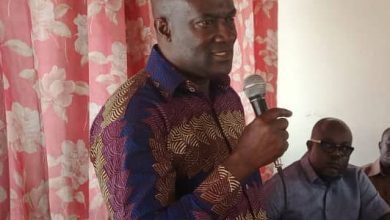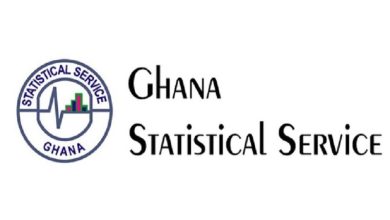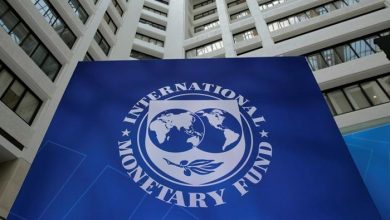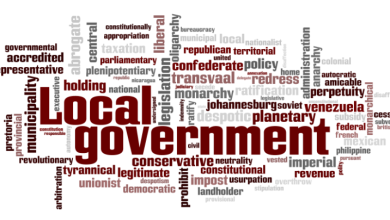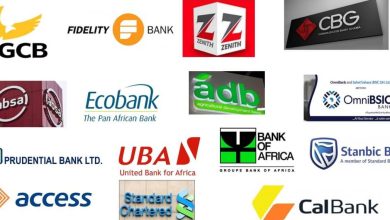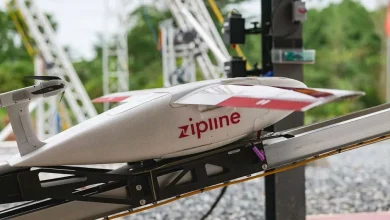IMF approves $370 million disbursement for Ghana after staff-level agreement
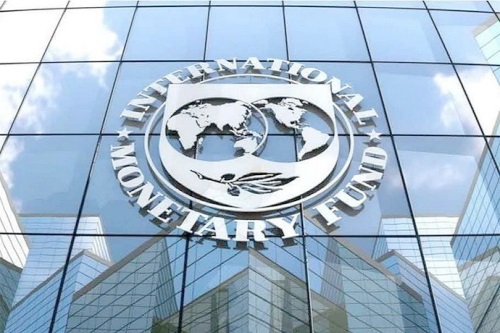
The government and the International Monetary Fund (IMF) have reached a staff-level agreement on a package of economic policies and reforms to conclude the fourth review of the 36-month Economic Credit Facility (ECF)-supported programme.
This staff-level agreement is subject to Executive Board consideration.
Upon completion of the Executive Board review, Ghana would have access to SDR 267.5 million (about US$370 million). This will bring the total IMF financial support disbursed under the arrangement since May 2023, to SDR 1,708 million, approximately US$2.355 billion.
The Fund in a commnique said growth in 2024 was higher than expected, underpinned by strong mining and construction activity.
“The external sector has seen a considerable improvement, driven by solid exports—particularly gold and to a lesser extent oil—and higher remittances. As a result, international reserves accumulation has far exceeded the ECF-supported programme targets”, it stressed.
Notwithstanding these achievements, the Fund indicated that the overall performance under the IMF-supported programme deteriorated markedly at end-2024.
“Preliminary fiscal data point to slippages in the run-up to the 2024 general elections, on account of a large accumulation of payables. Inflation exceeded programme targets. Several reforms and policy actions were delayed across the fiscal, financial, and energy sectors”, it added.
Against this backdrop, it pointed out that the new authorities have taken bold measures to address policy slippages and ensure the programme objectives remain within reach.
On the fiscal front, the government has launched an audit of the payables to firm up the size and nature of the slippages. Based on preliminary estimates of new payables, the primary balance posted a deficit of some 3¼ percent of Gross Domestic Product (GDP) compared to a targeted surplus of ½ percent of GDP.
To address these slippages, the IMF alluded that the government has enacted a 2025 Budget that targets a 1½ percent of GDP primary surplus and adopted several public financial management reforms. The latter includes an enhanced fiscal responsibility framework and new rules to tighten expenditure commitments.
The IMF mission, which was in Ghana last week engaged the authorities on their wide-ranging structural reform program, with a focus on enhancing governance and transparency and strengthening State-Owned Enterprises management in the gold, cocoa, and energy sector.
The staff met with the Finance Minister Forson, Bank of Ghana Governor, Dr. Johnson Asiama, and their teams, as well as representatives from various government agencies and other stakeholders.
It expressed its gratitude to the Ghanaian authorities and other counterparts for their continued open and constructive engagement.

